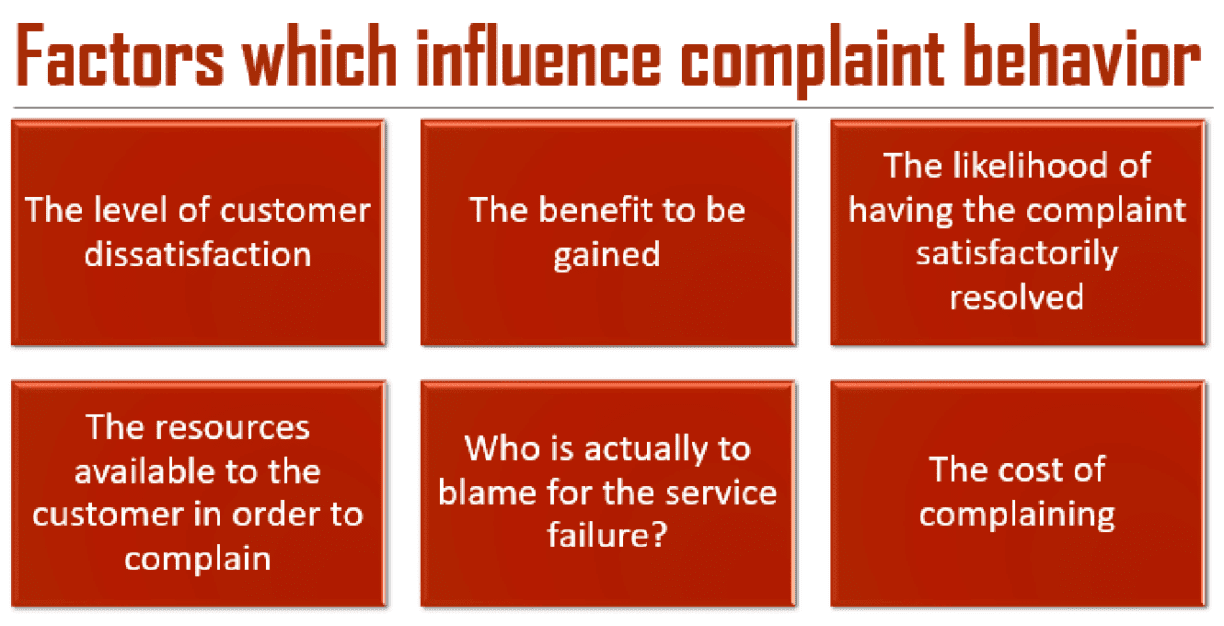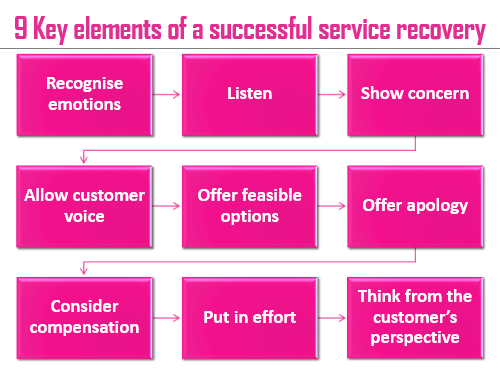The Melbourne Cup is Australia’s premier horse race of the nation (handicap over 3200 meters with over AUD$2 million prize money) and it has its own public holiday in metropolitan Melbourne.
The TAB (used to stand for Totalizer Agency Board when government owned and run, but now a public company, Tabcorp Holdings) is the only, legal provider of off-course racing betting in Victoria, Australia. Customers can place bets at their local TAB Agency or at a PubTAB located in hotels.
Introduction to TABCORP
In 1994 TABCORP was established by Victorian state. TABCORP manages and conducts wagering business under a long-term joint venture agreement with the Victorian Racing Industry. The Company has a 75% interest in this joint venture, providing the licenses, fixed assets, employees and management for which it receives a fee.
TABCORP Holdings Limited is now Australia’s premier gambling and entertainment group. It conducts a unique combination of wagering, gaming and hospitality activities in Australia’s most populous states through its portfolio of leading brands including TAB (in Victoria), Tabaret, Star City, TAB Sports bet, Footy TAB, Trackside and Club Keno.
TABCORP is among Australia’s 50 largest publicly listed companies with a market capitalization of approximately $4 billion*. The company has over 70,000 shareholders and on average over 30 million of its shares are traded on the ASX each month.
In the 2002 fiscal year, the company generated net operating revenue of $1.93 billion, which resulted in net profit after taxation and goodwill of $261 million. Dividends to shareholders for the full year totaled 63 cents per share, fully franked.
Many believe that the success and market leadership of the company’s operations reflects TABCORP’s ongoing investment in technology and intellectual property through both its workforce of some 4,500 people and its systems.
In addition, the company makes a significant contribution to the communities in which it operates through sponsorships, donations, provision of community services, payment of taxes and provision of entertainment.
Case Synopsis
This case study, although written in 2003, is based on the 1996 Melbourne Cup. The scenario is most relevant to contemporary services marketing issues.
As service organizations rely more and more on technology to deliver their service product, the likelihood of service failure is increasing. In addition to the issue of technological service failure, what makes this case study interesting is the debate over service delivery using intermediaries.
Many of the primary functions of intermediaries as distributors—inventorying, securing, and taking title to goods—do not exist in services. In addition, Tabcorp cannot legally accept bets over the internet.
Why is it important for Tabcorp to have a strong recovery strategy?
Did the organization make any effort to recover? What could/should have been done differently and why?
Even in the best of organizations, service failure will occur. However, it is how the organization recovers the service failure that is important to the customer and to the organization in the long-term. Effective service recovery is essential for customer retention and for preventing harmful negative word‑of‑mouth.
When a customer’s expectations have not been met, they have even higher expectations and a narrower zone of tolerance for the recovery effort. The instructor should allow time for the students to share recovery stories.
The stories and the students’ ideas on what could/should have been done differently will develop into a more structured lecture/discussion of the essential ingredients for an effective recovery strategy.
SOCAP and TARP research has shown that dissatisfied customers whose problems are resolved will be more loyal than those whose problems are not resolved.
Further, if service failures and recovery efforts are carefully tracked, they can provide solid information for continuous improvement for the organisation.
Failures, particularly repeated failures, can drive customers away and generate harmful word of mouth and even “terrorism.”
Employees can also be aggravated by not having ways to deal effectively. In this case study, it was evident that Tabcorp’s intermediaries were annoyed and frustrated, in addition to losing their commissions on betting sales, due to the technological equipment failure.
TABCORP Recovery Paradox and its Managerial Implications
This philosophy implies that those who are dissatisfied can be made more loyal than those who were satisfied in the first place. An issue with this “logic” is that service firm managers might want to plan to fail so they can provide an excellent service recovery and thereby increase satisfaction and loyalty and make themselves “look good.
The fact remains, that unless the recovery effort is superlative, it cannot overcome the initial negative impression enough to build loyalty beyond where it would be with no initial failure. How quickly and effectively the complaint is resolved is the key to recovery.
What factors influence complaint behavior? How can a Service Manager encourage customers to complain?
Customers experiencing a service failure can either act or do nothing at all. Those who act can do several different things including complaining directly to the service firm, complaining to their family and friends and/or complaining to a third party.
Ultimately, the customer will decide whether to switch providers or stay with the offending provider. **Customers who wish to place a bet on a horse race can do so either with the TAB or with a licensed bookmaker.
Factors which influence complaint behavior
- The level of customer dissatisfaction
- The benefit to be gained, must outweigh the effort of complaining
- The likelihood of having the complaint satisfactorily resolved
- The resources available to the customer in order to complain
- Who is actually to blame for the service failure?
- The cost of complaining, for example, the customer’s time, the anxiety that they may experience and, in some cases, loss of income whilst complaining
Customers can be encouraged to complain by letting them know that the firm welcomes their complaints and suggestions and by providing easily accessible avenues for complaining. Customers should not be made to feel guilty when they complain, nor should the process be made difficult.
9 Key elements of a successful service recovery
- Recognize emotions
- Listen
- Show concern
- Allow customer voice
- Offer feasible options
- Offer apology
- Consider compensation
- Put in effort
- Think from the customer’s perspective


